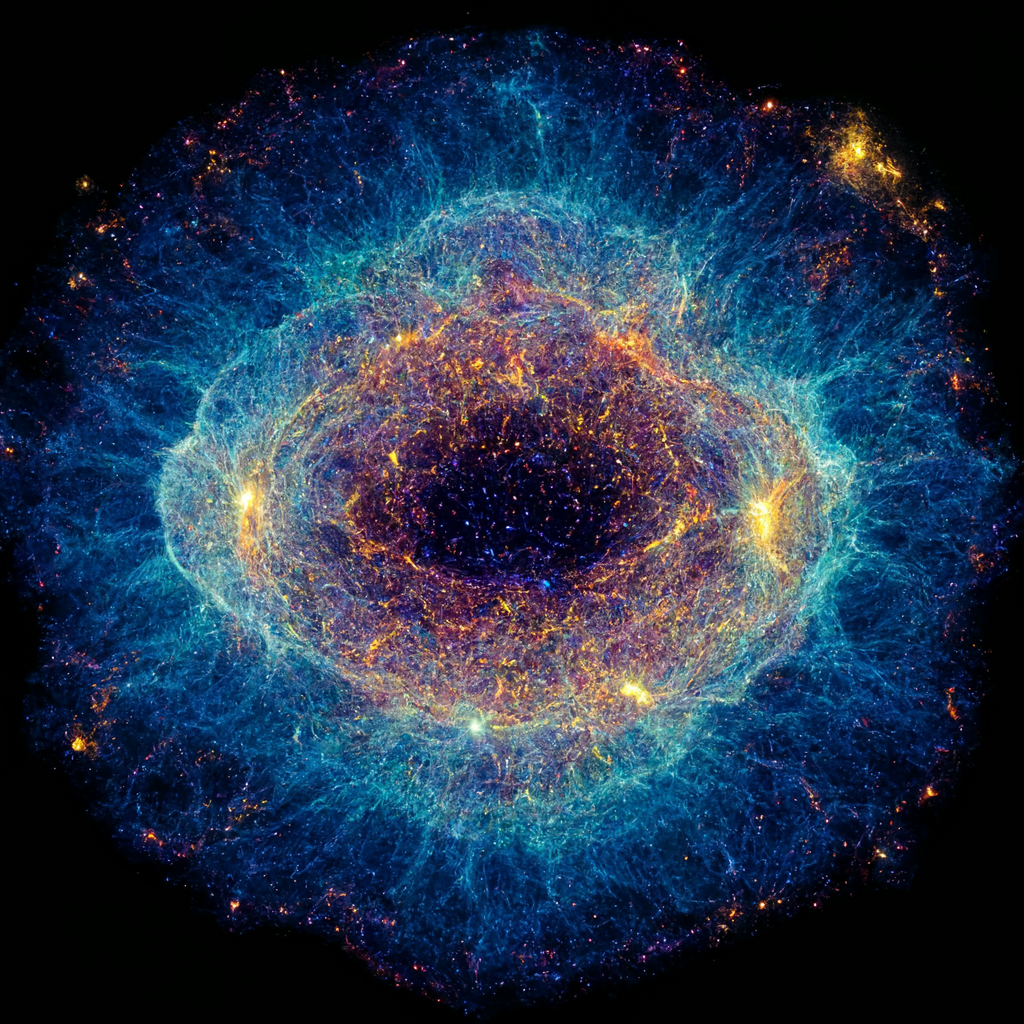
One of the most enduring and thought-provoking questions in the history of humanity is “What is the nature of reality?” This question has been asked by philosophers and scientists throughout the ages, and continues to be a topic of debate and exploration today.
The nature of reality refers to the fundamental nature of the world and everything that exists within it. It encompasses questions about the existence and properties of matter, energy, and the fundamental laws that govern the behavior of the universe.
There are many different theories and philosophical perspectives on the nature of reality. Some people believe that reality is objective and exists independently of our perception of it, while others argue that reality is subjective and shaped by our individual experiences and perspectives.
One of the most influential philosophical perspectives on the nature of reality is realism, which holds that reality exists independently of our perception of it and that our senses accurately represent the world as it is. Realists believe that there is a single, objective truth about the world that can be discovered through scientific investigation and objective observation.
Another perspective on the nature of reality is idealism, which holds that reality is fundamentally mental or spiritual in nature. Idealists believe that the physical world is a projection of our minds and that the ultimate nature of reality is consciousness.
There are also many scientific theories about the nature of reality, including quantum mechanics, which suggests that the fundamental nature of reality is inherently probabilistic and that the properties of particles and energy are determined by their interactions with other particles and energy.
Despite the many different theories and perspectives on the nature of reality, the question remains one of the most enduring mysteries of the universe, and continues to fascinate and inspire people of all walks of life. The nature of reality is a complex and multifaceted subject that continues to be explored and debated by scientists, philosophers, and individuals from all walks of life.






